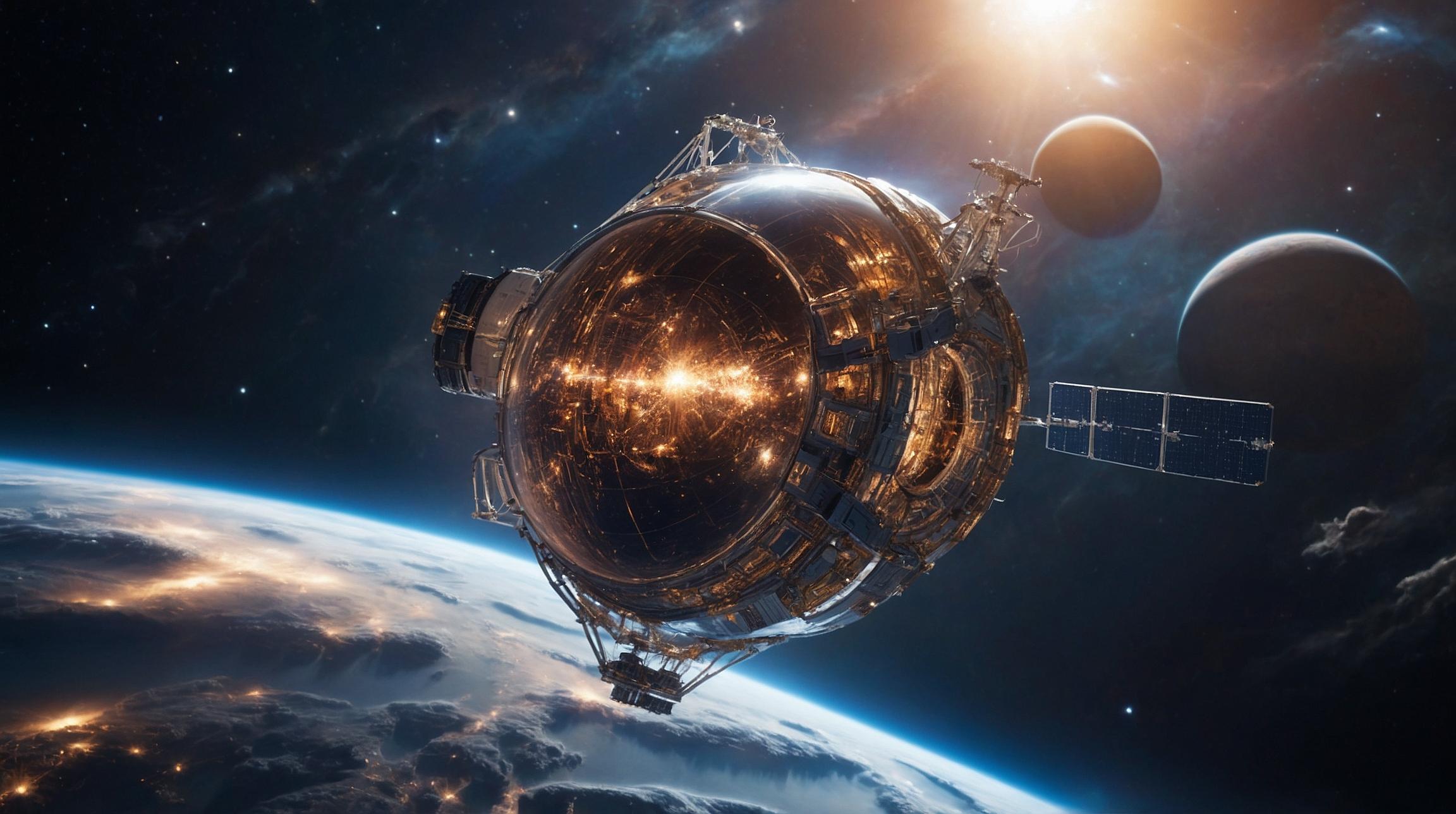Boeing's Quantum Leap in Space Communication
Boeing has announced the forthcoming launch of a groundbreaking quantum communications satellite named Q4S, set for 2026. This satellite is engineered to test quantum entanglement swapping capabilities, a major stride towards a global quantum network. This initiative, entirely funded by Boeing, signifies a pivotal advancement in secure quantum-enhanced applications that could revolutionize sectors like agriculture, climate science, navigation, and secure communication.
The Science Behind Quantum Networking
Quantum entanglement is a phenomenon where particles become interconnected, such that the state of one particle instantly influences the state of another, no matter the distance. This process is akin to what Albert Einstein described as "spooky action at a distance." Entanglement swapping allows this interconnected state to be extended across vast distances, crucial for quantum networks.
Boeing's Q4S satellite aims to demonstrate this technology in space, crucially expanding quantum networks beyond point-to-point communication. This could lead to fault-tolerant systems, secure voting mechanisms, and blind quantum computing, where data remains private during processing.
Potential Impact on Industries
By establishing quantum networking capabilities in space, Boeing could dramatically enhance data collection from Earth and space environments. Current technologies are limited by sensitivity and resolution, but quantum networks promise more precise and expansive data gathering.
Jay Lowell, Boeing's Chief Engineer for Disruptive Computing, emphasized that this venture underlines Boeing's commitment to advancing quantum technology. "We're making a big bet on quantum technology," he stated, highlighting the potential for these networks to surpass existing communication limitations.
The 2026 Q4S Demonstration
The Q4S mission involves two entangled-photon pair sources aboard a space vehicle. This mission is a collaborative effort with HRL Laboratories, a joint venture between Boeing and GM, which has already seen success in laboratory validations.
Todd Citron, Boeing's Chief Technology Officer, remarked, "Boeing has always served as a pioneer, pushing the boundaries of what's possible," reinforcing Boeing's leadership in operationalizing and scaling quantum technologies for global use.
Boeing and HRL Laboratories: Innovators in Quantum Science
As a global leader in aerospace, Boeing continues to push forward in quantum research, driving innovations that will have worldwide implications. HRL Laboratories, jointly owned by Boeing and GM, contributes pioneering advancements in physical and information science, furthering missions in aerospace and defense.
Together, Boeing and HRL are not just participating in quantum research but are at the forefront of transforming these technologies into practical applications, promising a future where quantum networks are integral to global communication.













